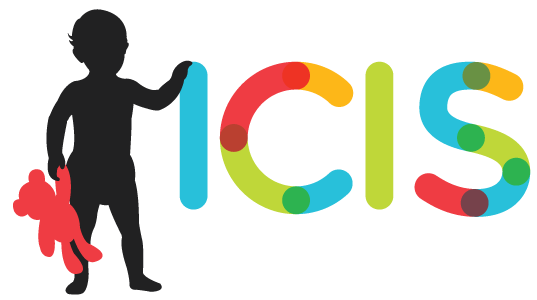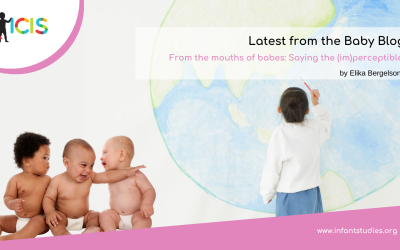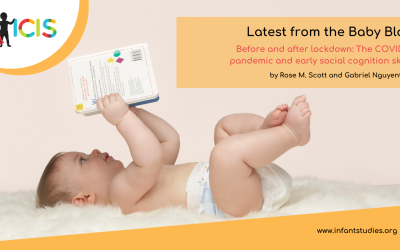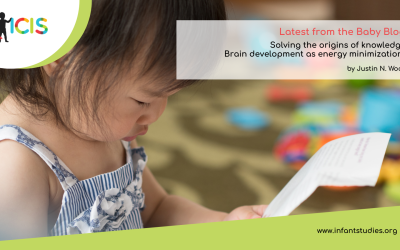In developmental research, we rely heavily on piloting to refine our methods and make our studies more robust. Being more transparent about procedures and observations from pilot studies could help us tackle several field-specific challenges. What emerges during...
Baby Blog
From the mouths of babes: Saying the (im)perceptible.
As a kid, I was an avid consumer of sci-fi/fantasy books, which I’d get in unremarkable hardcover from the local library. When I would later see the dust jackets or movie versions of these fictional worlds, I’d often have a strong reaction along the lines of “that’s...
Episodic-like memory in infancy: Insights from the developing hippocampus
On visits to my mother’s house, it is inevitable that we look through baby pictures, a tradition that has grown increasingly common since I began my research into memory development. I know the stories behind many of these pictures, mostly through my mother. This past...
Before and after lockdown: The COVID-19 pandemic and early social cognition skills
The COVID-19 pandemic impacted many aspects of daily life, as governments issued shelter-in-place orders that mandated social distancing. These mandates led to changes that included the closing of schools, daycares, and businesses, causing major increases in remote...
Solving the origins of knowledge: Brain development as energy minimization?
Brains are marvels of biological engineering. With 86 billion neurons and trillions of connections, human brains are the most complex structures in the known universe. But where does this structure come from? How does a mass of brain tissue develop into a coordinated,...
To try or not to try: That is the (developmental) question
As human adults, we spend a great deal of our daily lives figuring out whether, when, and how to deploy effort in the face of obstacles. Should we continue to try to complete a hard workout, or is it a fool’s errand? Should we endeavor to get that grant proposal in,...






